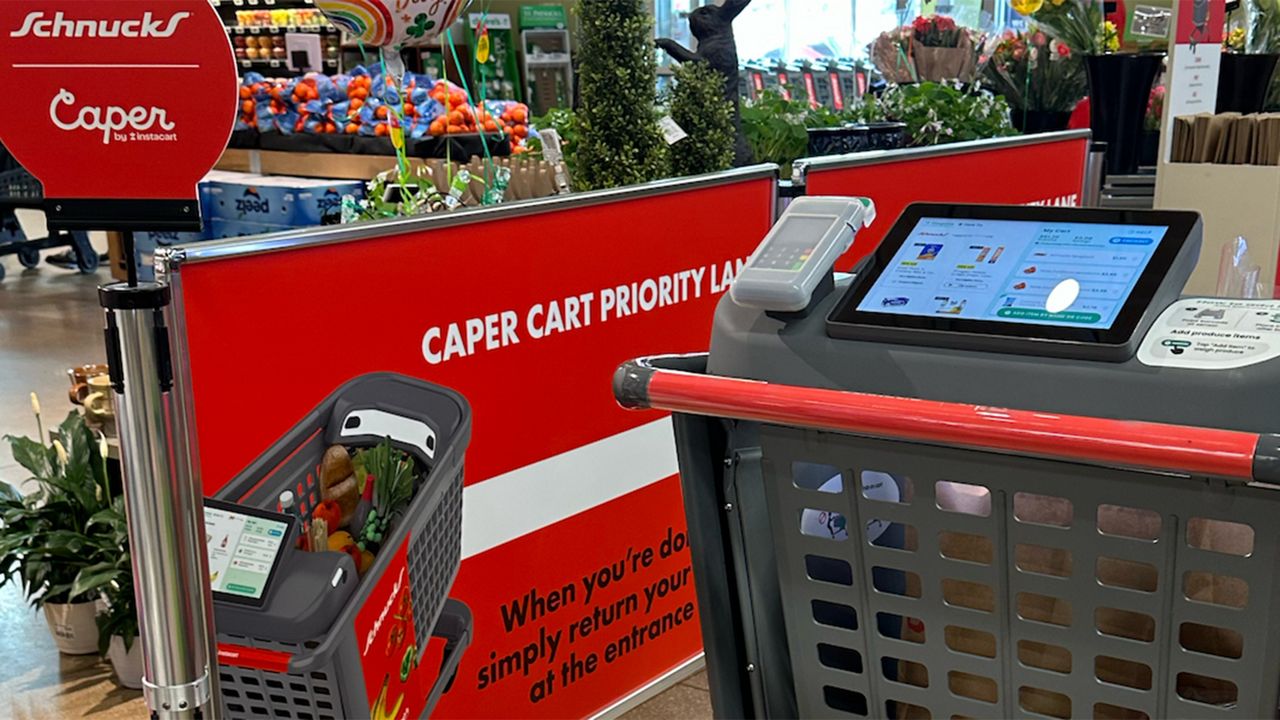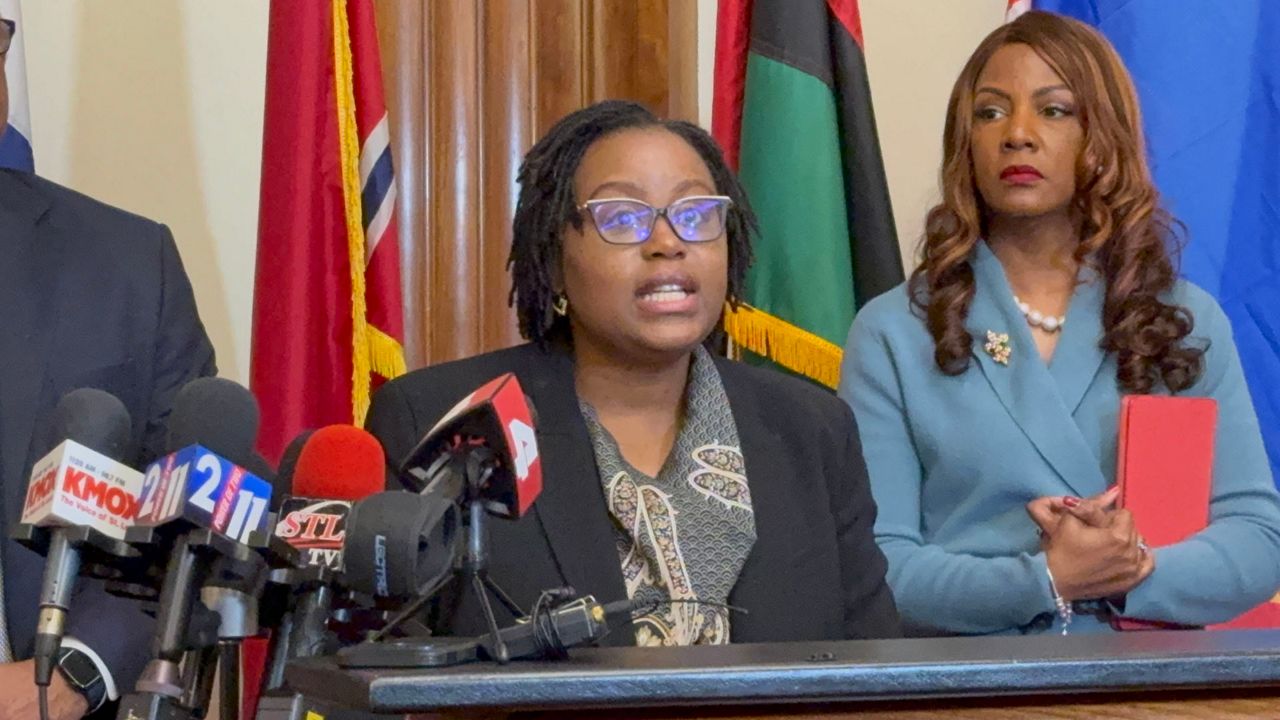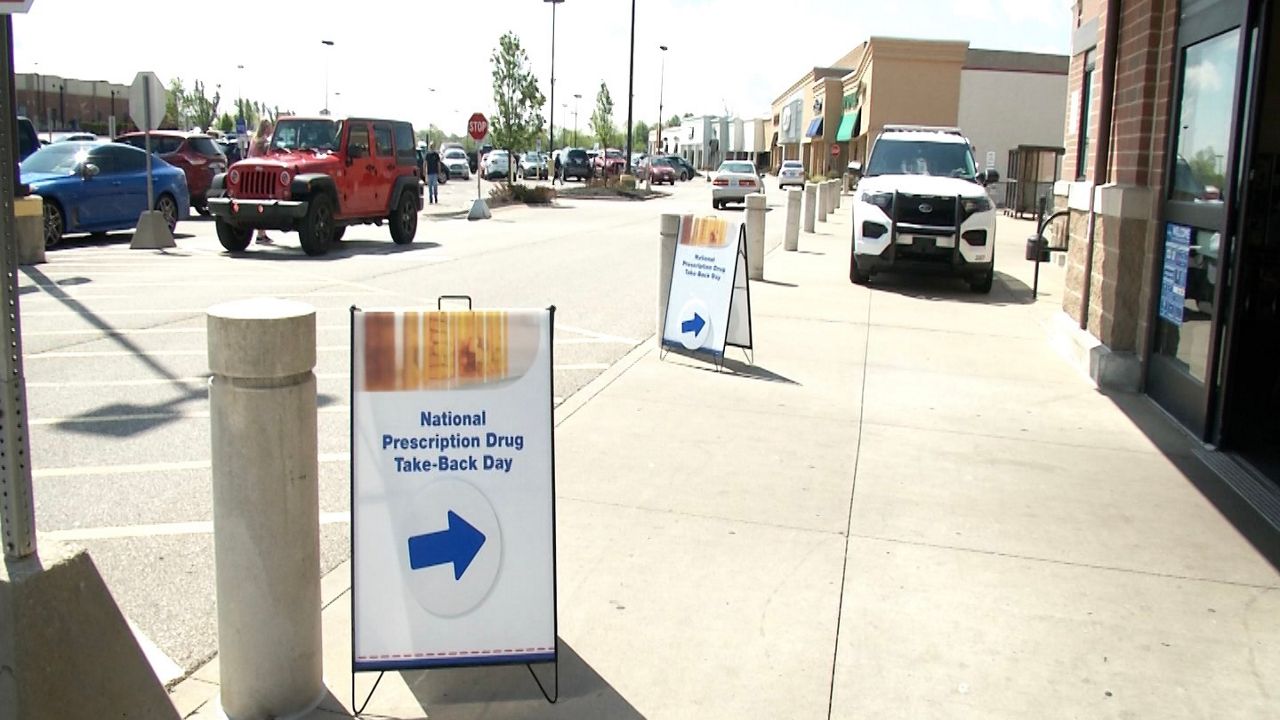FLORISSANT, Mo.—A car crash victim sought out a nurse she’d used before to help her recover but St. Ann Police say the nurse stole tens of thousands of dollars from the victim’s bank accounts.
Charnell Hawkins, of Florissant, faces a Class B Felony for Financial Exploitation of Elderly/Disabled Person.
“I love doing these types of cases for the elderly,” said Patrick Murray, a Detective Sergeant for St. Ann Police. “They’re getting swindled. It’s just nothing infuriates me more.”
According to the probable cause statement (PCS), a St. Ann woman referred to as the victim met Hawkins in 2024 when Hawkins served as a certified nursing assistant in hospice care. After the husband’s passing, Hawkins offered to assist the woman if she needed help in the future.
The woman was injured in a car crash last November and was hospitalized until mid-January. She reached out to Hawkins for assistance and they agreed for the woman to live in Hawkins’ home. After rehab, the St. Ann woman moved into Hawkins’ home on January 18, 2025 and would pay Hawkins $2,000 per month for her care, per the PCS.
A wellness check, initially over the concern of the woman’s pet cat not being cared for at her St. Ann residence, resulted in police noticing both the woman and much of her furniture was missing.
When police tracked down the woman to Hawkins’ home, the St. Ann woman informed police that Hawkins took her checkbook and mobile phone, per the PCS. Also, the woman hadn’t received her mail in several weeks. Police noted the missing furniture from the woman’s residence in St. Ann was at Hawkins’ home in Florissant.
Investigators learned that Hawkins allegedly cashed and deposited $36,750 through numerous checks, written on the woman’s account. $20,550 worth of the checks were written while the woman was in the hospital or rehab.
Medically, the woman gave Hawkins power of attorney but according to the PCS, she did not sign any document providing Hawkins access to her finances. The woman alleges Hawkins repeatedly encouraged her to sign her house over to Hawkins, but she refused to.
Hawkins is being held on a $100,000 cash only bond.
While most nursing agencies have policies against any involvement in a patient’s financials, according to Sgt. Det. Murray, corrupt nurses still exist.
“I mean they’ll take their victim’s checks and then just either force their signature or have them sign a check,” said Murray. “(Victims) are told this, it’s going to be for groceries two hundred dollars and you know, the next thing you know it was written for two thousand.”
Before hiring a caretaker, Murray advises running a background check on them or look up their criminal history. Also, people can check to see if they’re licensed as a certified nursing assistant.
“A lot of the times these people don’t have a choice because (nurses) are signed through Medicaid.”
These are crimes of opportunity that often target elderly without living relatives and frequently elderly that suffer memory loss. One of Murray’s recent cases involved a woman nearing 100 years old who had her bank account “drained.”
“Just a miserable experience,” said Murray. “So, what I ended up doing with her is I got a third-party individual that can act as their financial fiduciary. I had an attorney step in and start taking care of all the bills and anything financial related to her care.”
Though many elders resent the idea of a debit card, Murray said a manager of a healthcare facility stated they used debit cards if caretakers needed to make purchases on a patient’s behalf because purchases could be tracked.








